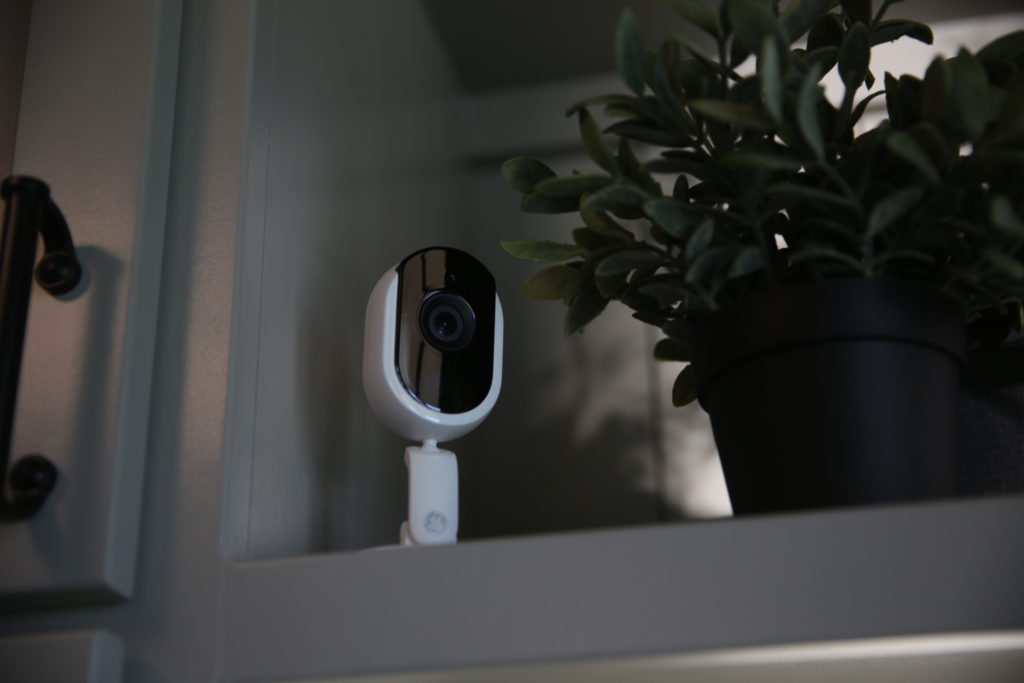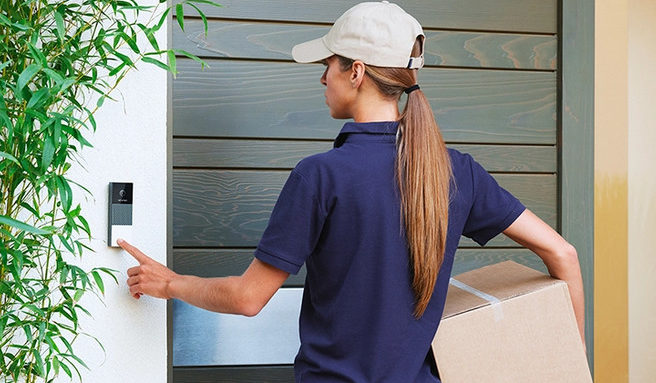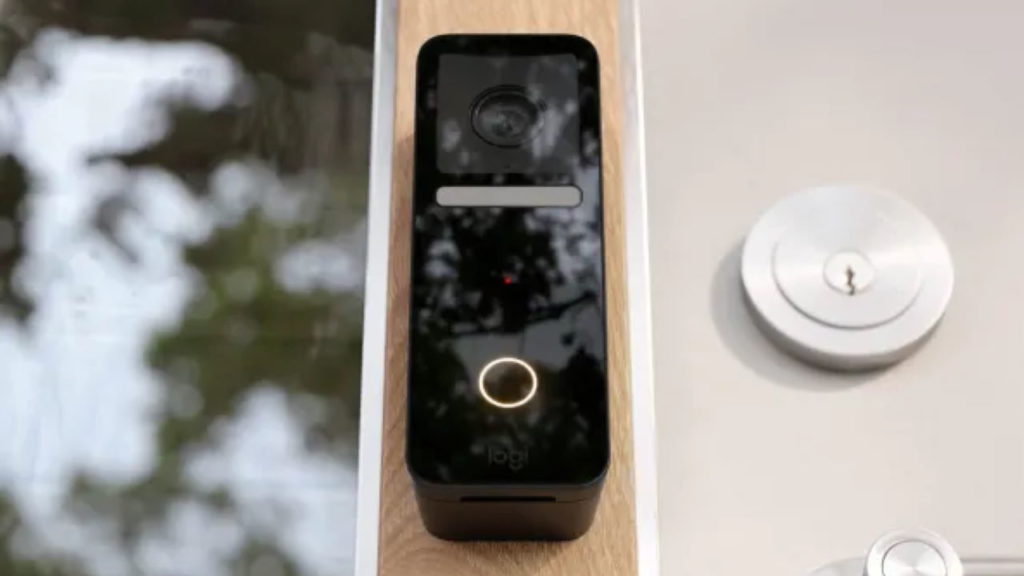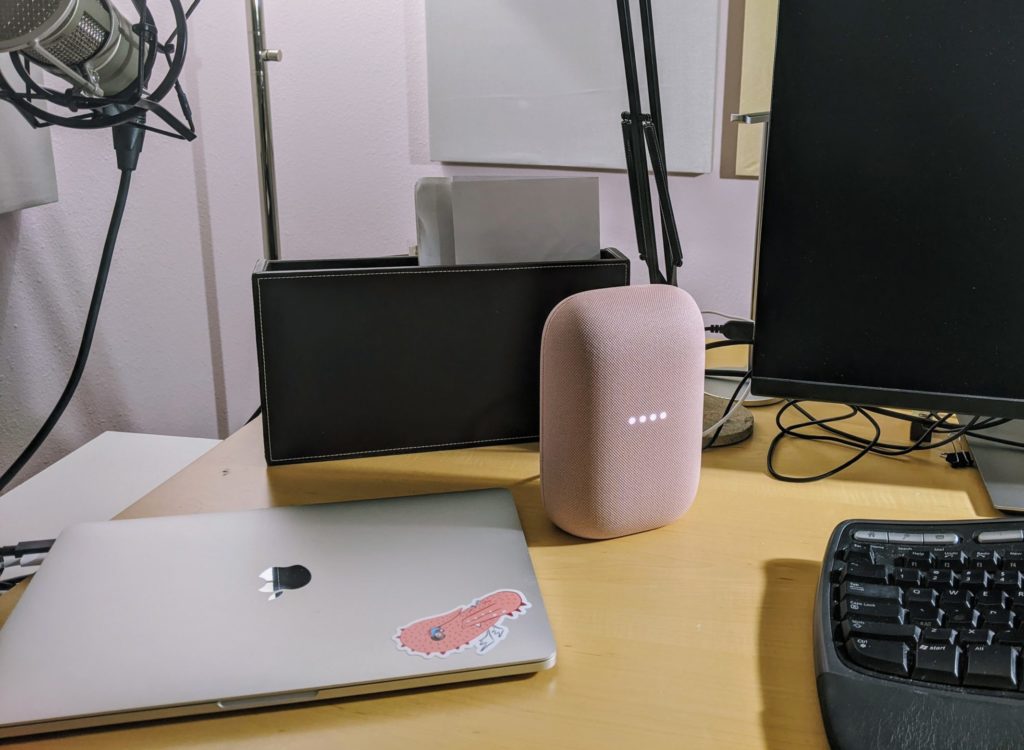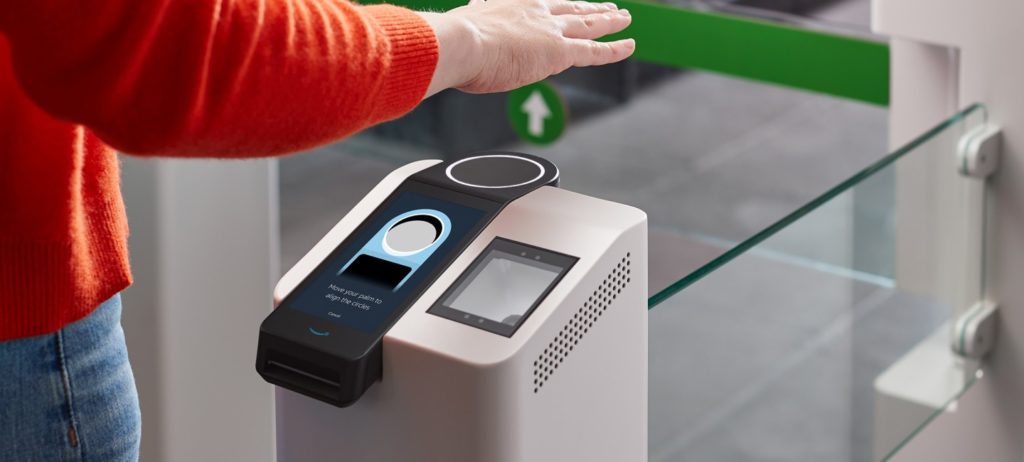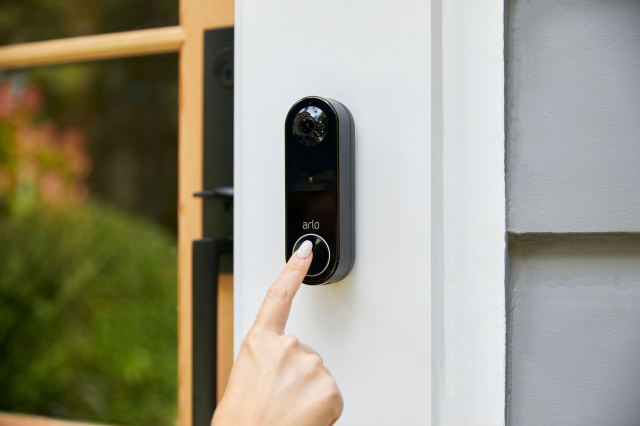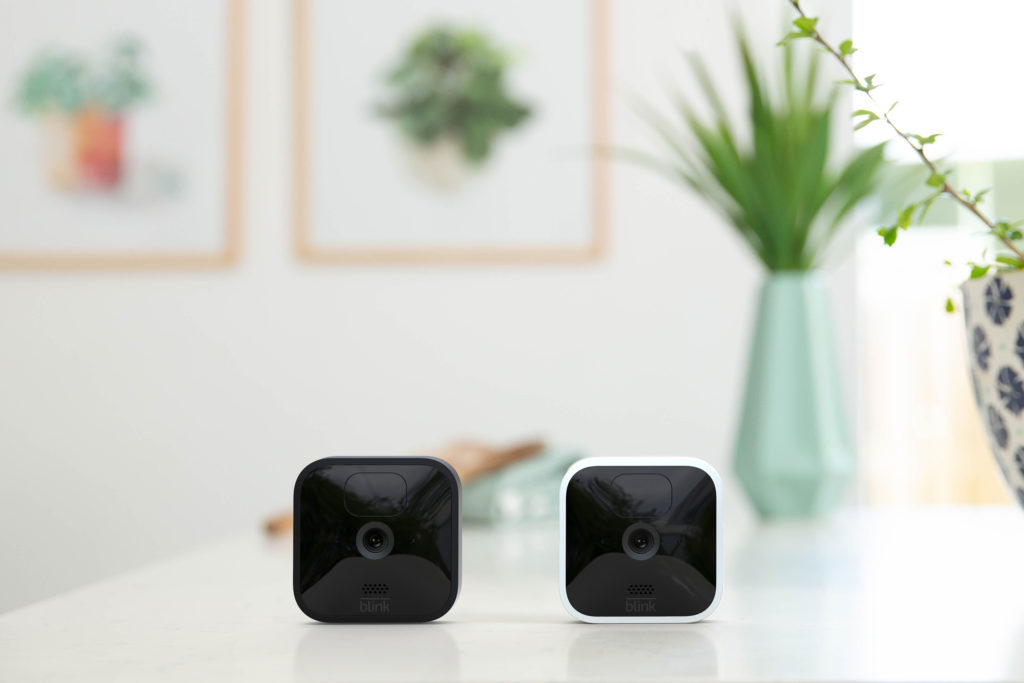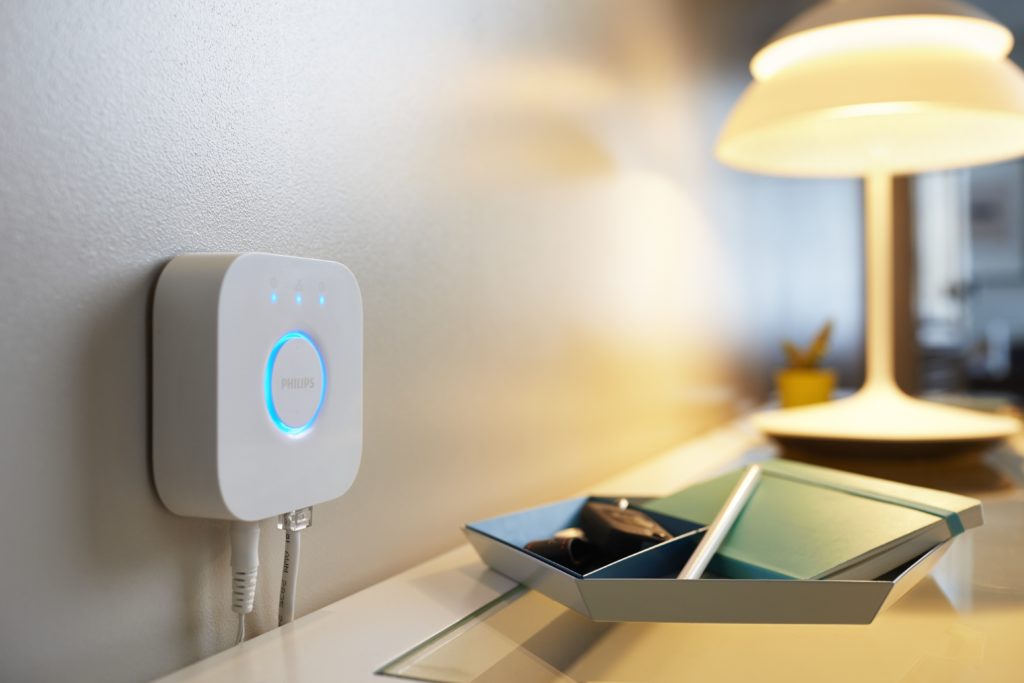This week’s podcast is full of nerdy wonder. We start off with news from Amazon regarding proactive Hunches and the new Guard Plus service before mentioning that the Echo Show 10 is now available for pre-order. Then, in honor of the Tiny ML movement, we highlight new deals from Edge Impulse to put its software on Silicon Labs’ chips and chips from Nordic Semiconductor. Meanwhile, Qualcomm has created a toolkit to shrink AI models for 8-bit inference! Then we introduce you to a scalable LPWAN based on Wirepas’ technology that is now an ETSI standard. After that, we discuss biodegradable displays and disable sensors for COVID-19 detection. Then we hit the news briefs with Wink going down, the new $60 Ring doorbell, roaming on LoRa networks, and Homepods getting a UWB handoff to iPhones. To close out the news, Kevin discusses what buyers should look for when it comes to securing home cameras from errant employees. We end by answering a listener question from a high school student who’s looking for resources to learn more about the IoT.
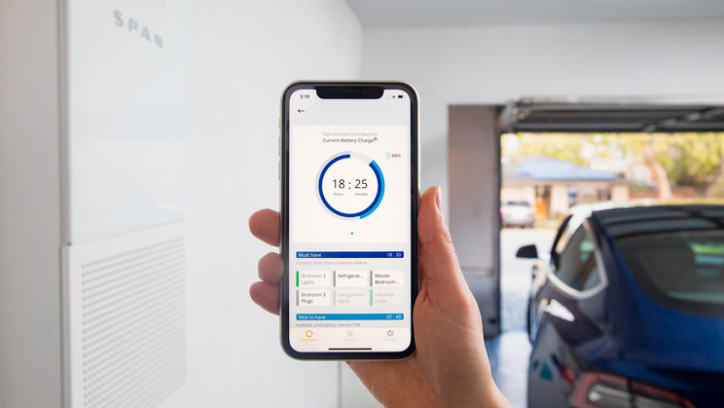
Our guest this week is Arch Rao, CEO and founder of Span, which raised $20 million in venture funds this week. Span’s product is a rethink on traditional electrical panels that adds computing and internet connectivity to the box. The idea is that people will put more electrical load on homes as homes and our transportation networks electrify. Adding a breaker box that understands what’s using power and providing computing to orchestrate the flow of power around the home helps reduce energy usage during peak times, but also can help a home avoid upgrading their electrical systems. Rao explains this and talks about building a connected device designed for a thirty-year life. It’s a glimpse into a future I’d like to live in.
Hosts: Stacey Higginbotham
Guest: Arch Rao, CEO and founder of Span
Sponsors: TeraCode and Techmeme
- How Amazon is taking the guesswork out of hunches
- Why Tiny ML is such a big deal now
- This is a LPWAN that really scales
- The grid of the future needs a more proactive electrical panel
- Why solar installs and batteries may be the key to Span’s growth
Podcast: Play in new window | Download | Embed
Subscribe: RSS

